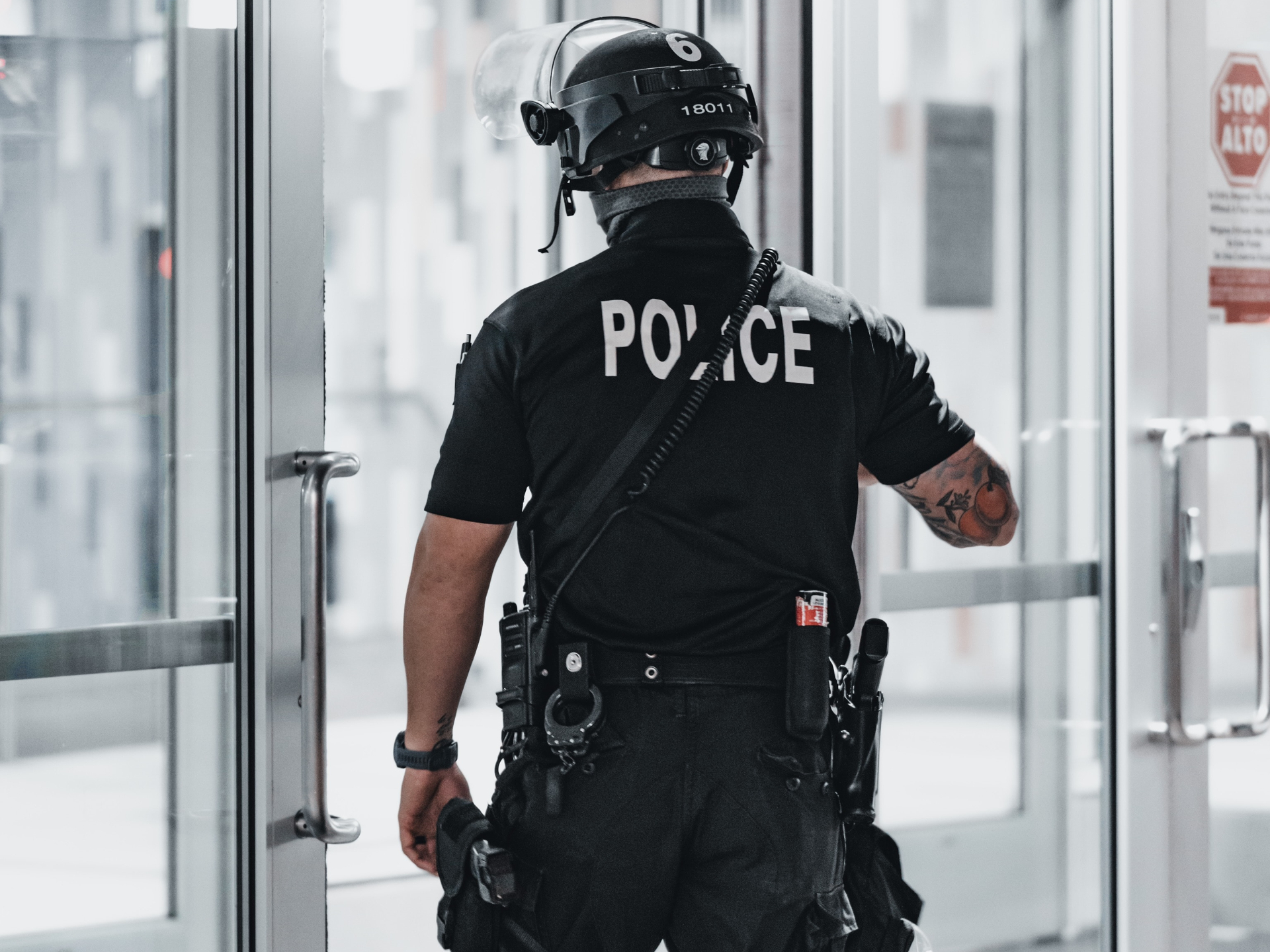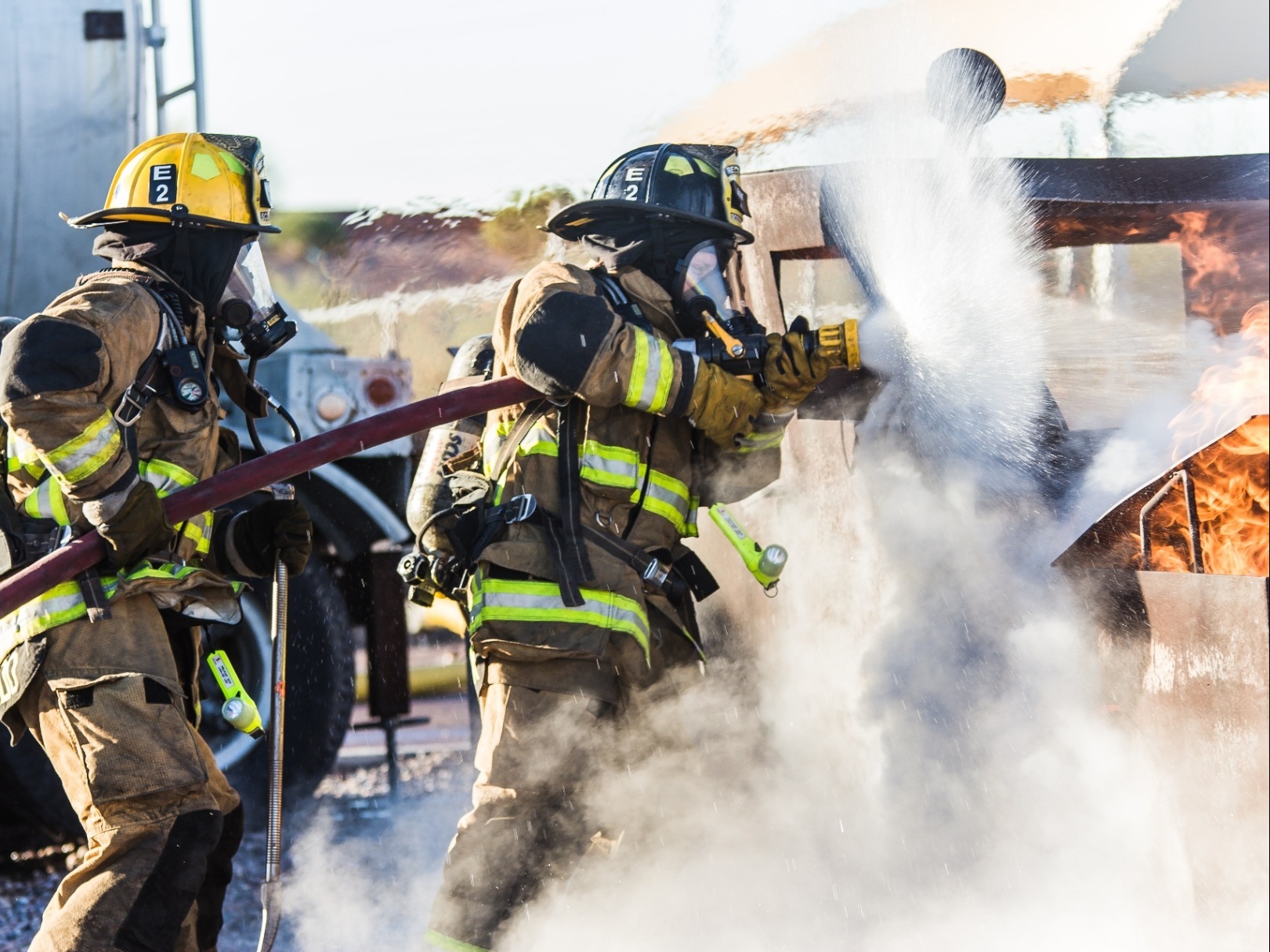Many mental health conditions, including depression, substance use disorders, post-traumatic stress disorder (PTSD) , and even suicidal ideation, are more common among first responders. PTSD causes intense or disturbing thoughts and can greatly inhibit your quality of life if left untreated. Recent studies conducted by the Substance Abuse and Mental Health Services Administration (SAMHSA) have concluded that 30% of first responders have experienced PTSD. In addition, of those first responders who have PTSD, 20% have a substance abuse disorder.
Suicide is also particularly relevant in first responder community. Did you know that law enforcement officers and firefighters are more likely to die by suicide than in the line of duty. First responders may be at elevated risk for suicide because of the environments in which they work, their culture, and stress, both occupational and personal. The stress can be acute (associated with a specific incident) or chronic (an accumulation of day-to-day stress). Occupational stress in first responders is associated with increased risk of mental health issues, including:
1) Hopelessness
2) Anxiety
3) Depression
4) Substance misuse and addiction
5) Post-traumatic stress
6) Relationship difficulties and divorce
7) Stress injury and post-traumatic symptoms (sleep problems, flashbacks, heightened reactivity)
8) Suicidal thoughts
9) Death by suicide (nearly double that of the national adult average)




